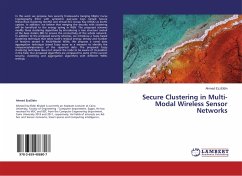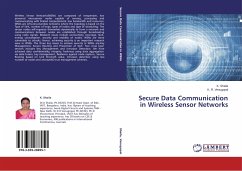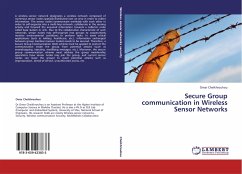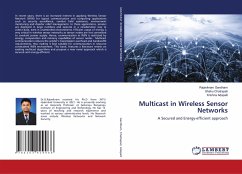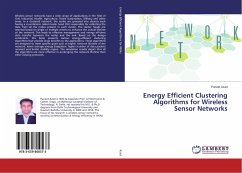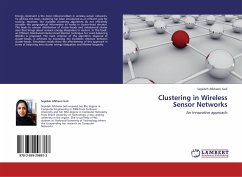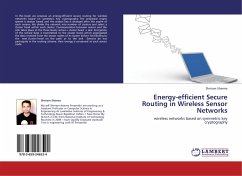In this work we propose two security frameworks merging Elliptic Curve Cryptography (ECC) with symmetric pair-wise keys named Secure Hierarchical clustering (SecHC) and Virtual ECC Group Key (VEGK) as SecHC update. In addition, we believe that merging the security with clustering will be beneficial to the energy saving in WSN. The proposed schemes modify these clustering algorithms by introducing a tree structure rooted at the base station (BS) to ensure the connectivity of the whole network. In addition to the proposed security schemes, we introduce a fuzzy based clustering technique that takes node's residual energy, density and number of features sensed in Multi-Modal WSNs. We propose a novel data aggregation technique based fuzzy score as a measure to identify the uniqueness/importance of the reported data. The proposed fuzzy clustering technique does not require the node to be aware of its position in the field. Our proposed algorithms are compared to some of the current security, clustering and aggregation algorithms with different WSNs settings.
Bitte wählen Sie Ihr Anliegen aus.
Rechnungen
Retourenschein anfordern
Bestellstatus
Storno

